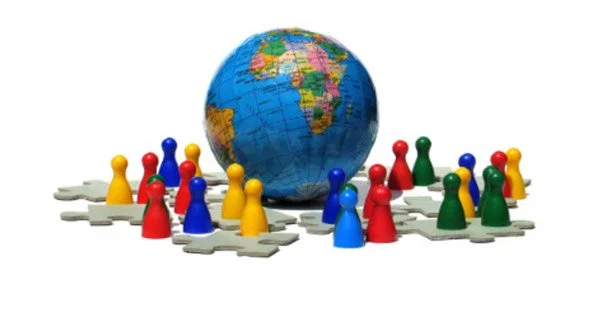Cultural diplomacy is a type of diplomacy that focuses on promoting a country’s culture, values, and identity in order to promote international ties and improve its worldwide image. It is a type of soft power and public diplomacy that encompasses the “exchange of ideas, information, art, language, and other aspects of culture among nations and their peoples in order to foster mutual understanding.” It is a nontraditional approach to international diplomacy that employs cultural components as instruments for bridging gaps, increasing mutual understanding, and forging beneficial connections between states.
The goal of cultural diplomacy is to help people in a foreign country understand their country’s principles and institutions in order to get widespread support for economic and political goals. In essence, “cultural diplomacy reveals a nation’s soul,” which leads to influence. Public diplomacy, though frequently underestimated, has played a significant role in attaining national security goals.
Here are some key aspects of cultural diplomacy:
- Cultural Exchange Programs: These programs involve countries exchanging artists, singers, scholars, and other cultural ambassadors. Through exhibitions, performances, seminars, and other activities, they promote a country’s culture.
- Language and Education: Promoting a country’s language and educational institutions, such as universities and language schools, can help to improve international understanding and promote people-to-people relationships.
- Cultural Institutions: Supporting cultural institutions like museums, libraries, and cultural centers can help countries disseminate their cultural heritage, traditions, and values.
- Cultural Expositions and Festivals: Participating in international cultural festivals and expositions can provide countries with a platform to showcase their culture and engage with a global audience.
- Heritage and Tourism: Promoting a country’s historical and natural heritage through tourism can foster international goodwill and promote economic growth.
Cultural diplomacy is viewed as a soft power weapon that allows countries to influence international perceptions, create connections, and achieve foreign policy objectives without using coercion or force. It contributes to a more peaceful and cooperative world order by highlighting a country’s cultural advantages and developing cross-cultural understanding. In an increasingly interconnected and interdependent world, it is also a strategy to improve a country’s worldwide reputation and strengthen ties with other nations.
















